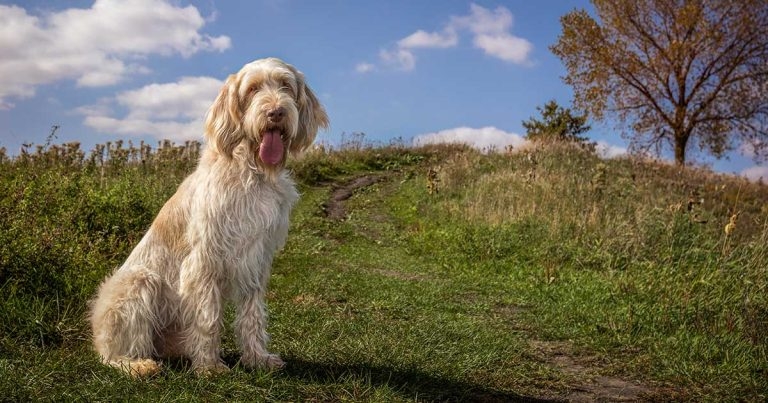18 Dec 2024
Approval of import project aims to encourage use of overseas canines in breeding, but protect from mutations to some breeds being reintroduced.

Image: luminosity-images / Adobe Stock
The Kennel Club (KC) has approved introduction of an import control scheme to protect specific breeds from DNA mutations being reintroduced through imports.
While the club said it wanted to continue use of overseas dogs in breeding, it wanted to ensure mutations that had been bred out in the UK population were not reintroduced in imported animals.
The KC consulted with its breed clubs as part of its Health Standard process and identified several breeds that had been bred away from harmful DNA testable conditions.
From 6 January 2025, dogs of any of the following breeds imported and registered with the KC will need to be DNA tested clear or carrier, or have a proven hereditary status for the pertinent mutation from one of its approved laboratories.
The breeds and restrictions are:
Other breeds have eradicated mutations through use of full control schemes, including DNA testing of all UK as well as imported dogs in the breed.
Registration and testing restrictions for the following will be applied only for imported dogs from 6 January:
The otterhound, which had an import restriction on litters – but not parents – for the control of Glanzmann’s thrombasthenia, will also be moved to the above import restriction.
Bill Lambert, health, welfare and breeders services executive at The KC, said: “Working together with our communities is absolutely crucial if we are to ensure a healthy future for pedigree dogs and encourage breeders to do the right thing.
“This change should help to protect the UK dog population and continue to encourage breeders to consider using overseas dogs in their breeding programmes responsibly.
“We commend our breeders and clubs for their efforts in eradicating harmful conditions, and using the resources available to make responsible, balanced and informed decisions.”
Full information is available via The KC website or the DNA testing site.